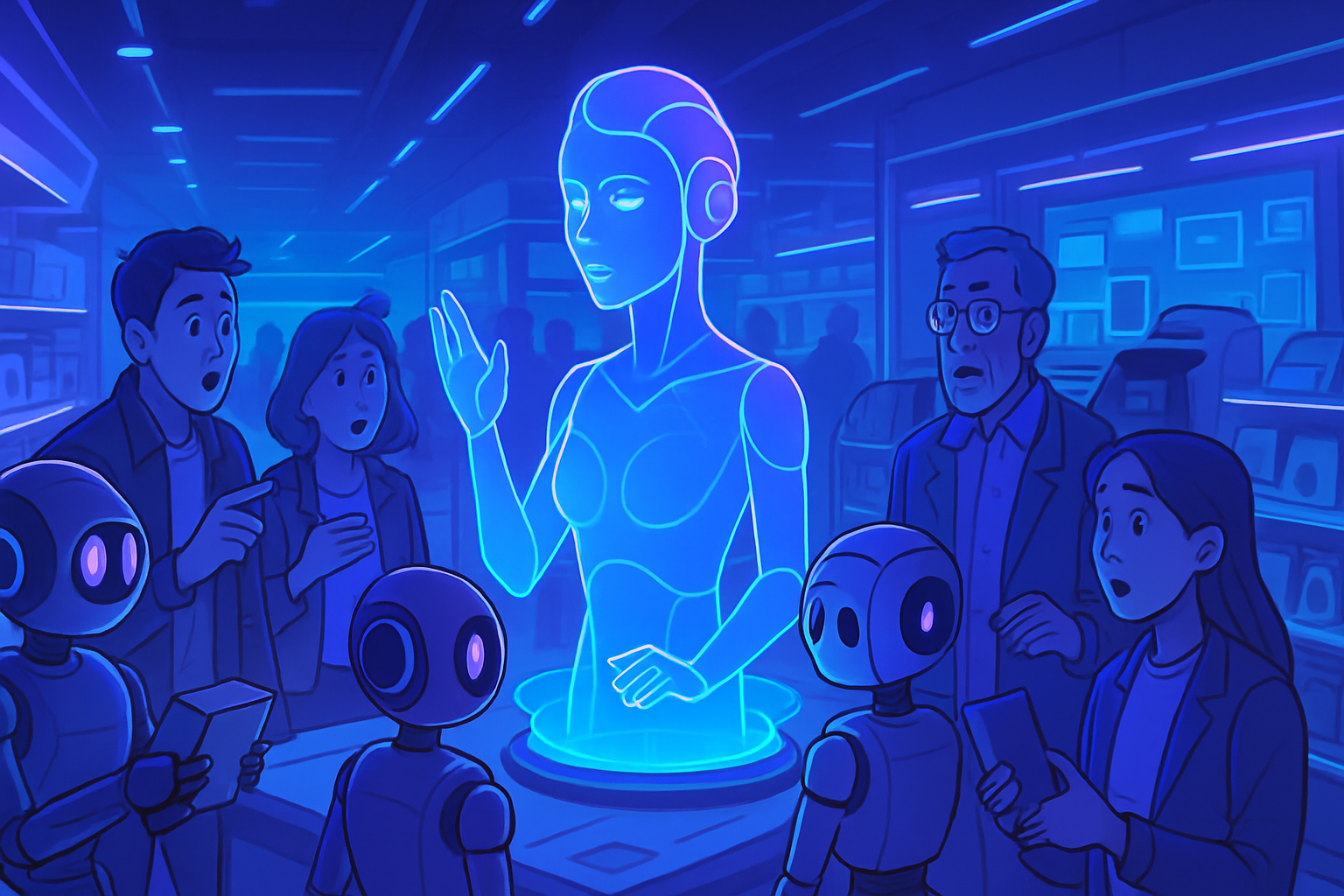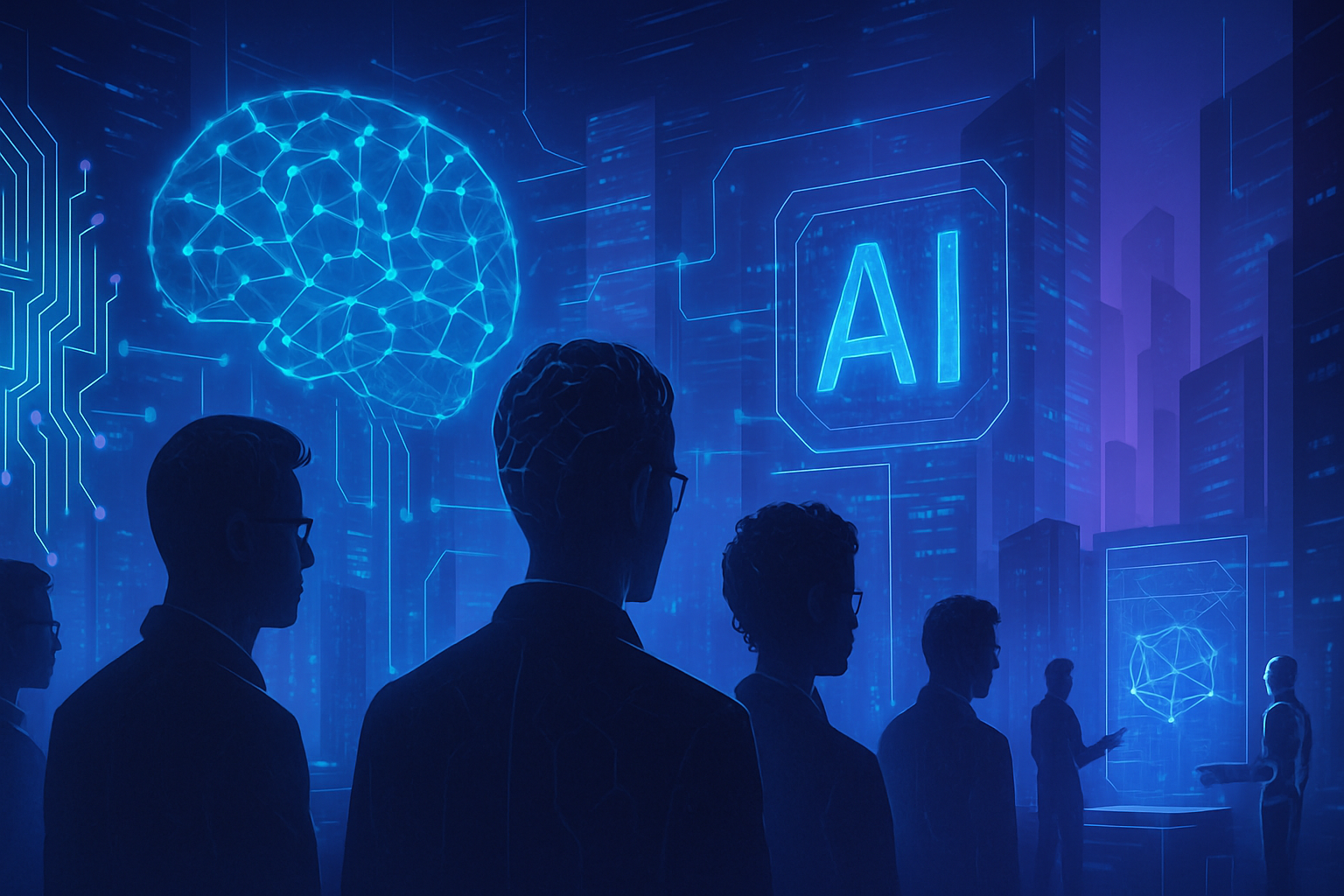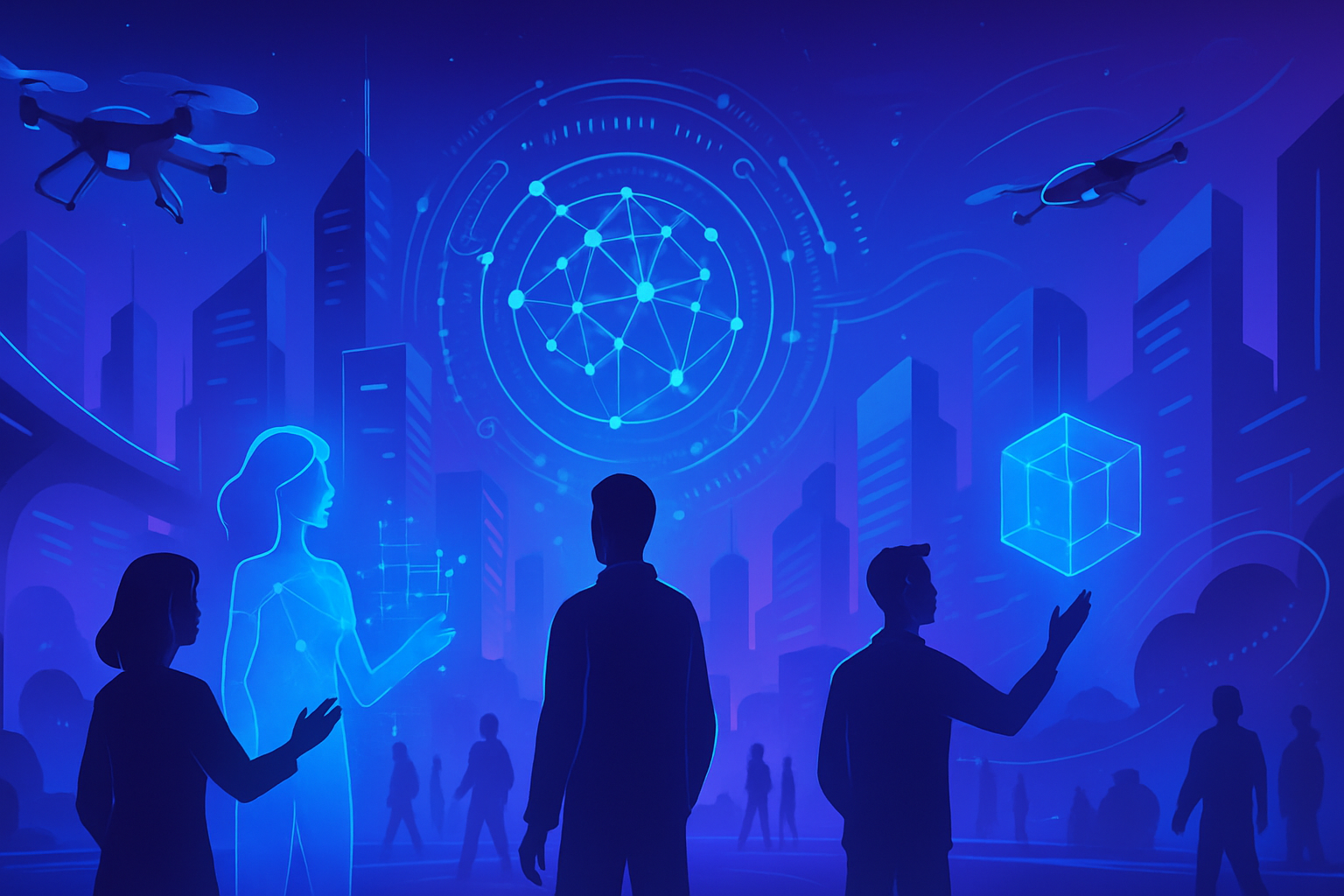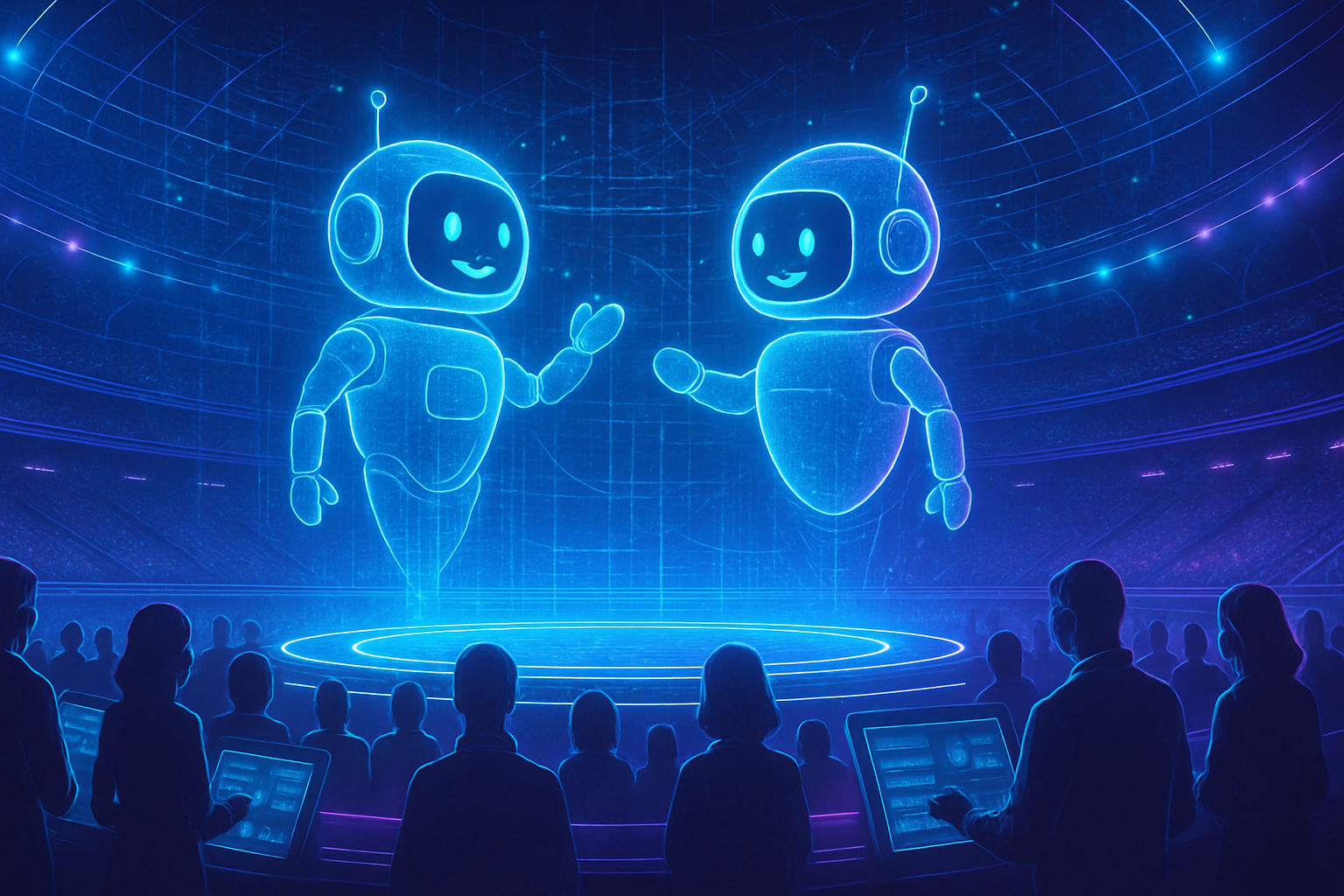Subtitles for movies and series turn out to be a *valuable resource for artificial intelligence*. They provide unique textual data, essential for training algorithms. This practice raises pertinent questions regarding *copyright respect*. Tech companies are competing in ingenuity to pioneer sophisticated language models, taking advantage of these invaluable dialogues. An ethical dilemma persists regarding the exploitation of creative works, questioning the *value of creative work*.
Exploiting Subtitles: A Major Challenge for Artificial Intelligence
The massive collection of subtitles from movies and series raises a crucial question about copyright respect. Technology companies focused on artificial intelligence, such as Apple, Meta, and Nvidia, use this data to optimize their language models. By integrating authentic dialogues into their algorithms, these companies aim to reproduce the subtleties and fluidity of human speech.
Subtitles as Training Foundations
Subtitles provide a rich linguistic repertoire, illustrating the rhythm of everyday conversations. Firms exploit platforms such as The Pile, hosting over 53,000 movies and 85,000 series episodes. This nourishing library allows researchers to train models capable of mimicking human exchanges.
Identified Companies and Their Methods
Tech giants, such as Anthropic for its Claude model, contextualize their learning from these subtitles. Meta and Apple, in particular, draw inspiration from this approach to develop their own language models. NVIDIA and other companies also exploit this formidable resource to enhance their capabilities. Their efforts enable the construction of more natural conversational agents, using dialogues as the keystone.
A Legal and Ethical Debate
The repercussions of this use are not anecdotal. Numerous lawsuits have emerged, with screenwriters and authors among the plaintiffs, accusing these companies of using their work without authorization. Vince Gilligan, the creator of Breaking Bad, described this phenomenon as complex and resource-intensive plagiarism, a reflection that underscores the legal challenges these companies face.
Proponents of these practices argue that the use of copyrighted works might fall under fair use. Courts will need to rule on this delicate question, as subtitles might be perceived as derivative works, subject to the same legal protections.
Importance of Subtitles in AI Models
The decision to exploit subtitles stems from their ability to reproduce the reality of human dialogues. They offer a unique perspective on tone, rhythm, and intent of exchanges. These characteristics make subtitles a vital tool for elevating the interaction level of artificial intelligence software.
The fragments of dialogues used in training also impact the formulation of contextualized responses in various fields, from television to education. Thus, artificial intelligences enrich their linguistic repertoire with a reflection of contemporary verbal interactions.
The Voice of Original Creators
This dynamic creates an ethical dilemma for artists and writers. Creators note the use of their work without compensation. Representatives of authors, such as the WGGB in the UK, propose regulations and compensations to guarantee the rights of creators.
Jörg Tiedemann, data creator, highlights his concerns about this exploitation, illustrating the growing tensions between technological innovation and copyright protection. The sustainability of these issues will determine the future landscape of artificial intelligence and its relationship with artistic creation.
Frequently Asked Questions
What are the benefits of using subtitles to train AI models?
Subtitles allow AI models to learn natural dialogues, thus enriching their ability to generate smoother and more realistic conversations.
How can companies ensure copyright respect when using subtitles?
Companies must obtain the necessary permissions or rely on fair use arguments, complying with existing intellectual property laws.
Which companies exploit subtitles in developing their AI systems?
Tech giants such as Apple, Meta, Nvidia, and Salesforce are known to use subtitles to strengthen their language models.
Can movie and series subtitles be considered derivative works?
Yes, courts might classify subtitles as derivative works, thus granting them similar protection against unauthorized copying.
Why are subtitles considered more beneficial than other types of text for AI training?
Subtitles capture real conversations, including tone and cadence, making them more suitable for training models that simulate human language.
What types of legal conflicts can arise from the exploitation of subtitles?
Lawsuits have been filed by screenwriters and creators, claiming that the use of their texts is done without fair compensation or proper authorization.
How do subtitles contribute to improving user experience in AI applications?
They allow algorithms to tailor their responses by considering varied contexts, making interactions more relevant and natural for users.
What are the creators’ concerns regarding the use of their works?
Creators are concerned about the lack of recognition and remuneration for the use of their subtitles, as well as the possible dilution of the value of their work.
What measures can developers take to compensate creators in this context?
Developers could establish royalties or compensation systems for creators, ensuring fair remuneration for the use of their content.
How do subtitles enrich the linguistic repertoire of artificial intelligences?
They offer linguistic diversity by including contemporary expressions and dialogues, thus expanding the vocabulary and cultural references used by AI.






